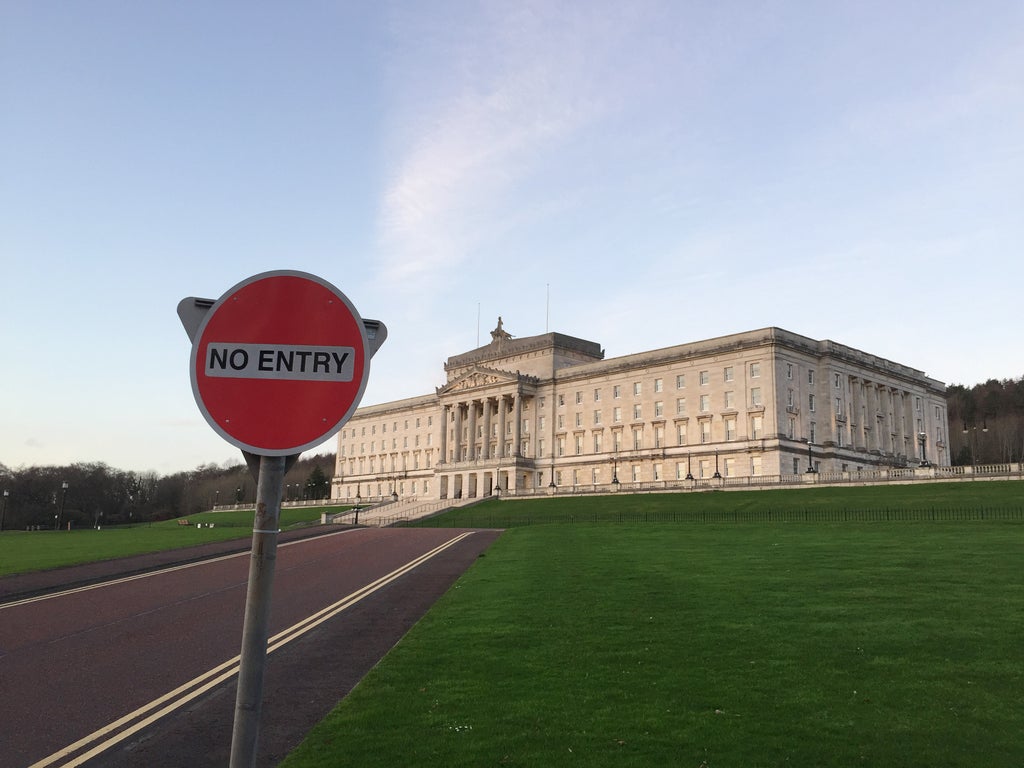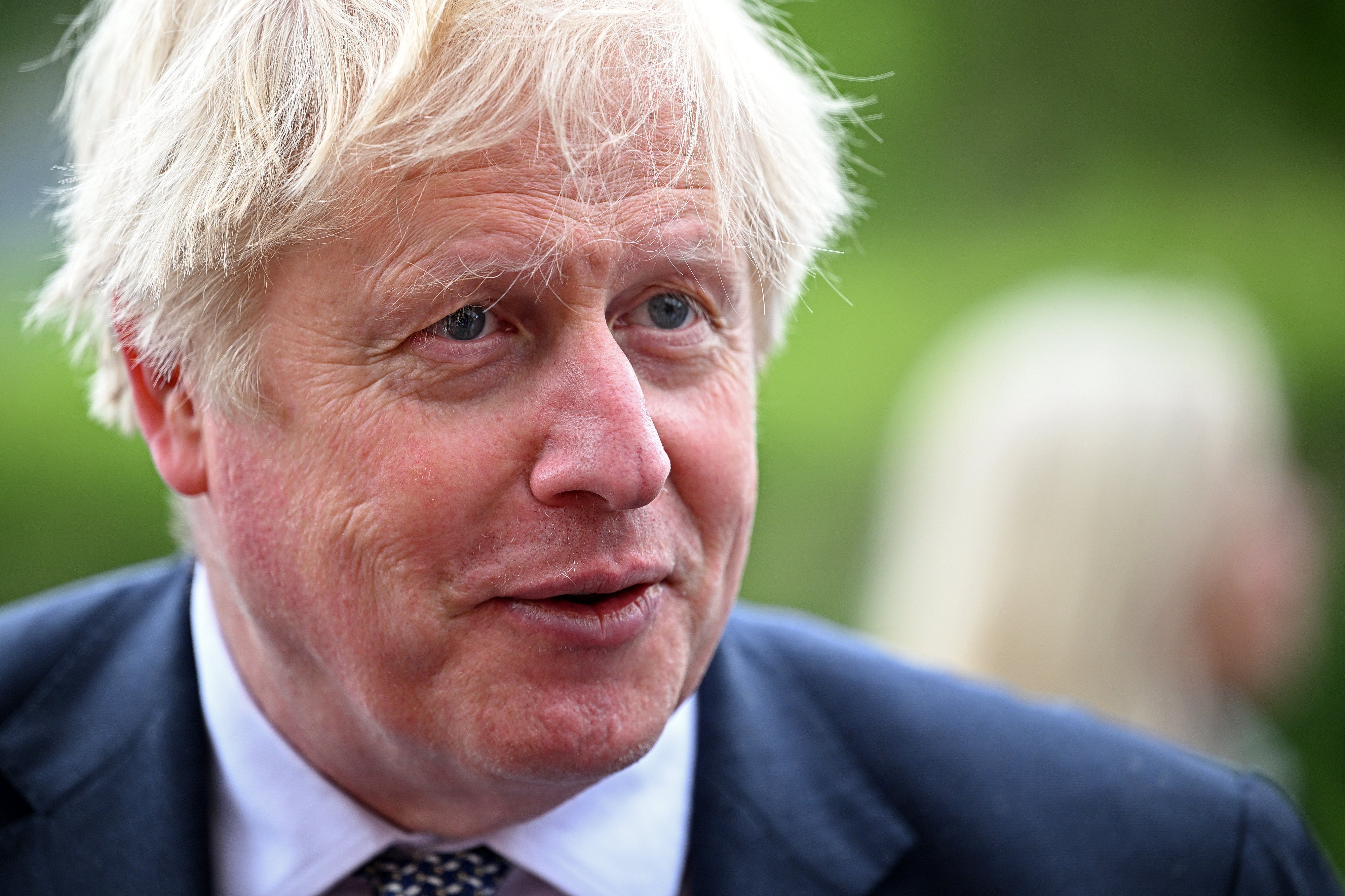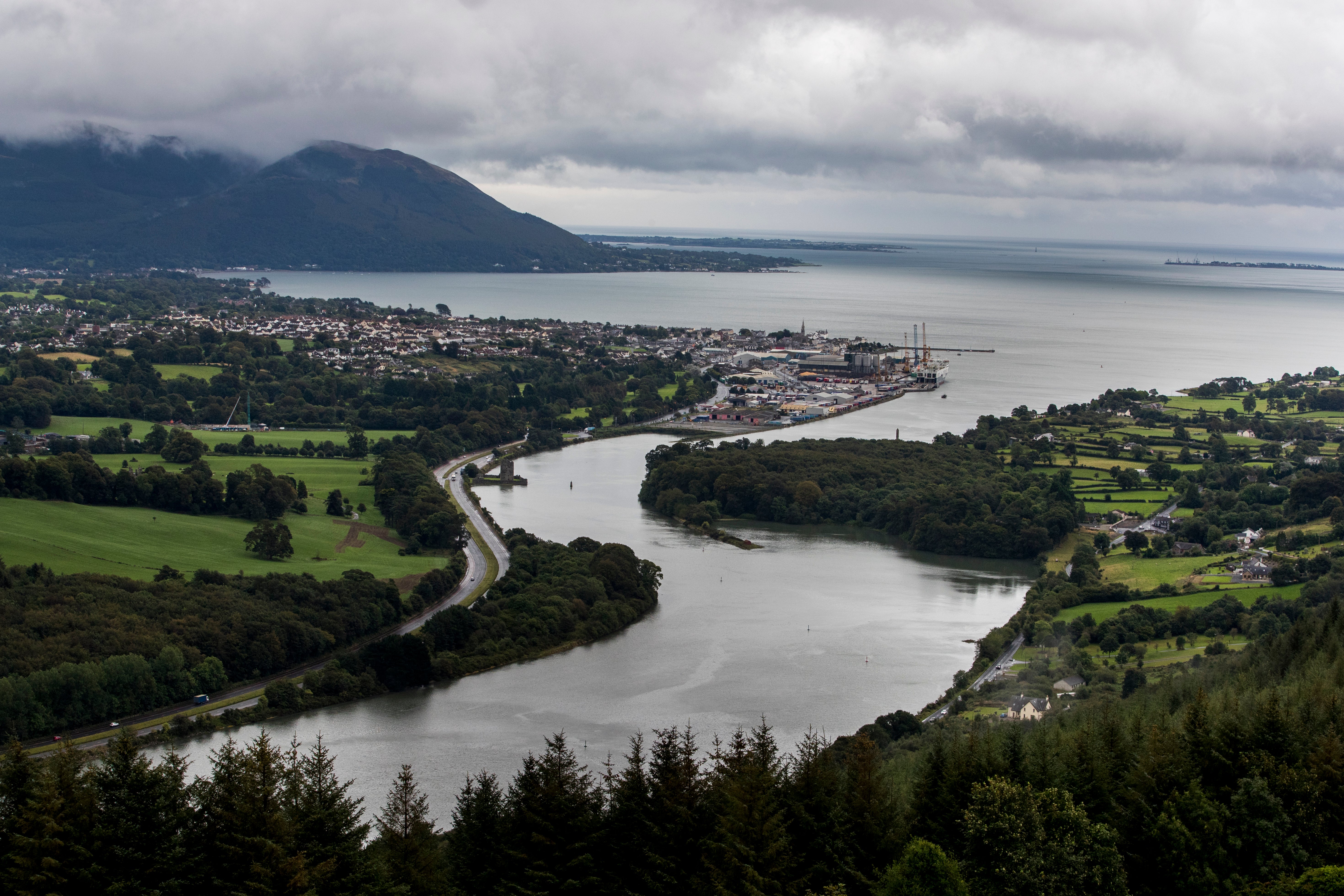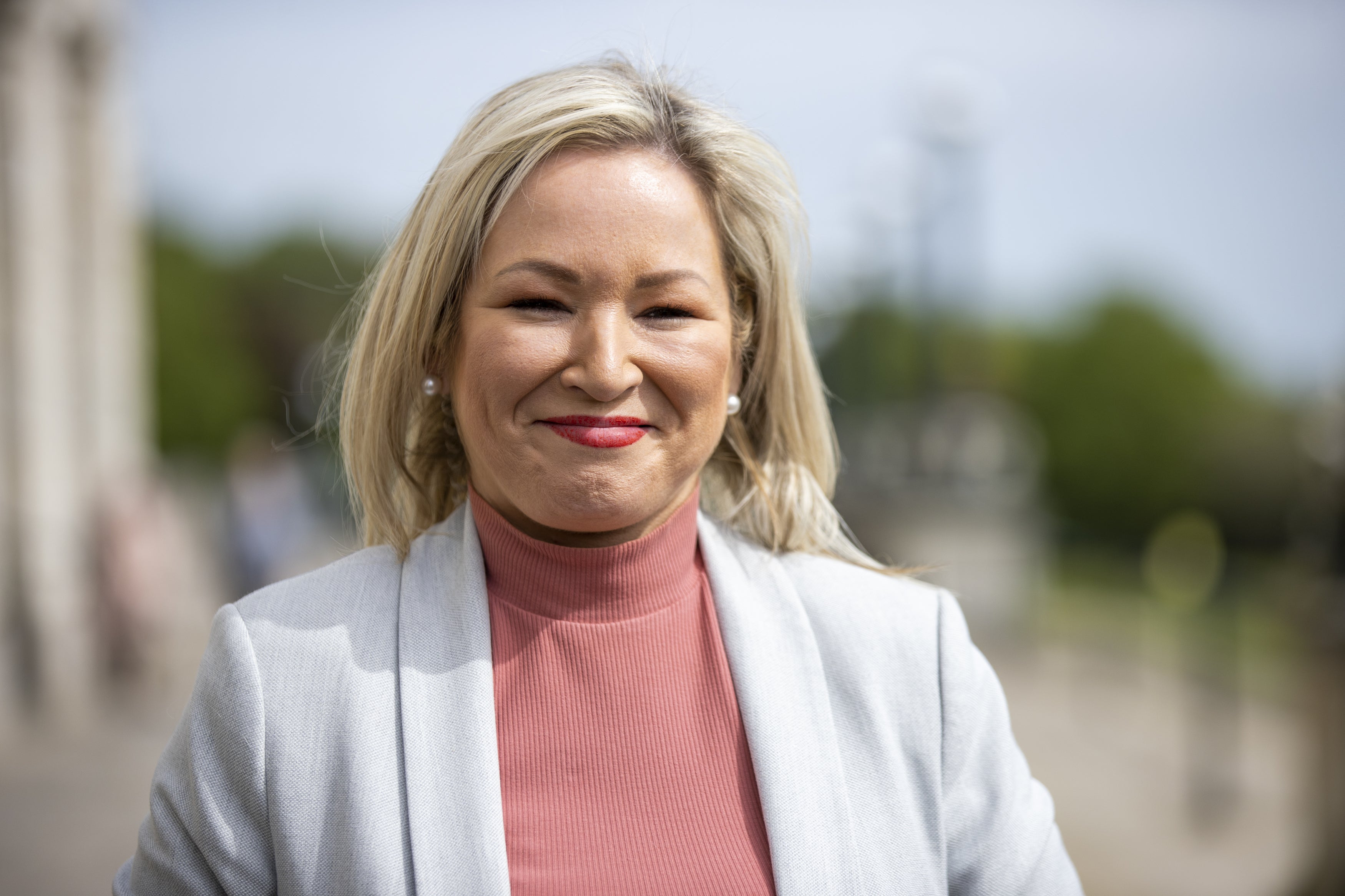
Boris Johnson will hold emergency talks with Northern Ireland’s political leaders later in a bid to break a Stormont deadlock caused by post-Brexit trading arrangements.
The powersharing institutions have been plunged into crisis in the wake of the recent Assembly election with the DUP refusing to re-enter a devolved government in protest at the contentious Northern Ireland Protocol, which has created economic barriers between the region and the rest of the UK.
The Prime Minister’s visit comes amid heightened tensions between the UK and EU over the prospect of him moving to override elements of the protocol by way of domestic legislation at Westminster.
Brussels has made clear that such unilateral action to walk away from a key plank of the Brexit Withdrawal Agreement would represent a clear breach of international law.

Ahead of his trip to Northern Ireland, Mr Johnson said the UK will have a “necessity to act” if the EU is unwilling to reach a compromise in the deepening row over the protocol.
However, he stressed the Government remained open to “genuine dialogue” with the European Commission.
He also made clear that he did not favour scrapping the protocol, and instead wanted to secure changes to it.
Writing in the Belfast Telegraph, Mr Johnson said the Government would outline more detail on its planned next steps in Parliament in the coming days.He said the protocol had been negotiated in “good faith”, adding that “those who want to scrap the protocol, rather than seeking changes, are focusing on the wrong thing”.
The Prime Minister added: “We have been told by the EU that it is impossible to make the changes to the protocol text to actually solve these problems in negotiations, because there is no mandate to do so.
“We will always keep the door wide open to genuine dialogue.
“And we will continue to protect the single market, as it has been protected throughout the existence of the protocol so far, and the open border with the Republic of Ireland which will always be of paramount importance.
“There is without question a sensible landing spot in which everyone’s interests are protected.
“Our shared objective must be to the create the broadest possible cross-community support for a reformed protocol in 2024 (when the Assembly will vote on the continuation of the arrangements).
“I hope the EU’s position changes.
“If it does not, there will be a necessity to act.
“The Government has a responsibility to provide assurance that the consumers, citizens and businesses of Northern Ireland are protected in the long-term.
“We will set out a more detailed assessment and next steps to Parliament in the coming days.”
Contention over the protocol will not be the sole focus of Mr Johnson on Monday as he will also use his visit to pledge delivery of three pre-existing commitments, a stalled language and culture package; ensuring women and girls have full access to abortion services; and introducing new measures to deal with the legacy of the past.

The protocol, agreed by the UK and EU to maintain a free-flowing Irish land border, requires customs and regulatory checks on the movement of goods between Great Britain and Northern Ireland.
It has been the source of resentment and anger among many unionists and loyalists who believe the arrangements have weakened the union.
However, a majority of MLAs in Stormont’s newly elected Assembly represent parties that support retaining the protocol, claiming that it offers Northern Ireland some protection from the negative economic consequences of Brexit.
They point to the unfettered access Northern Ireland traders have to sell into the EU single market as a key benefit of the protocol.
The new Assembly has been unable to convene due to the DUP’s refusal to engage in the institutions until major changes to the protocol are secured.
The Stormont election saw Sinn Fein displace the DUP to become the overall largest party in Northern Ireland for the first time.
The DUP remains the largest unionist party in the region and, under Stormont rules, a new executive cannot be formed unless it agrees to nominate to the post of deputy first minister.
The DUP has also blocked the nomination of a new Assembly speaker, meaning the legislature at Parliament Buildings cannot meet while the impasse continues.
On Sunday, party leader Sir Jeffrey Donaldson made clear he needed action rather than words on the protocol from Mr Johnson before a return to powersharing could be countenanced.
Sinn Fein, which is now entitled to the first minister’s role, has accused the DUP of holding the people of Northern Ireland to ransom by not allowing Stormont to function in the midst of a cost-of-living crisis.

Sinn Fein’s Michelle O’Neill, who is line to become first minister, is due to hold talks with Irish premier Micheal Martin in Dublin on Monday morning ahead of her meeting with Mr Johnson north of the border.
At the weekend, UK Government sources said Mr Johnson will use a series of private meetings with party leaders to deliver a “tough message” that parties must come together to form an Executive and Assembly if the problems with the protocol are to be fixed.
He is expected to say that while the UK Government will “play its part to ensure political stability”, politicians must “get back to work” so they can deliver on “bread-and-butter issues” for the voters.
One of Northern Ireland’s main daily papers, The Irish News, published an editorial in the format of an open letter to Mr Johnson on Monday morning urging him to reflect on the fact that a majority in Stormont endorses the protocol.
The paper, which would take a nationalist editorial line, described the trading arrangements as a “logical and carefully constructed initiative with massive international backing which recognises all the complexities surrounding the only land border between the EU and the UK”.
It added: “We implore you not take any actions in the crucial coming days which will have an overwhelmingly negative impact on the lives of all our citizens.”







